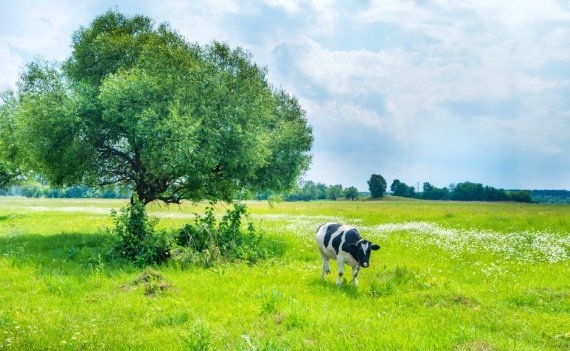The biodiversity of the Dutch countryside has declined severely in recent decades due to the intensification of agriculture. To turn the tide requires action now, and support for that action. Hence the urgency of asking how the average citizen views nature.
A broad team of WUR researchers led by Professor Hens Runhaar (Management of Biodiversity in Agricultural Landscapes) put this to the test. The team showed students, nature-lovers and environment professionals short films of field edges sown with wildflowers. The films had different messages, stressing either the usefulness of the nature, or its beauty, or its intrinsic value. The effect of the films was measured using questionnaires filled in before and after watching them.
The average citizen doesn’t see the biodiversity of a landscape
The result was surprising. The usefulness of nature turned out to be less important to people than has generally been assumed. Runhaar: ‘In public debate, ecologists often emphasize the usefulness of nature to humans as a motive for nature conservation. That is the basis of the whole idea of ecosystem services. But our study suggested that the public are not very interested in it.’
‘The concept of ecosystem services might work politically when addressing the business world,’ adds Runhaar, ‘but not for the general public. The average citizen doesn’t see the biodiversity of a landscape. But they do see the aesthetic value of a landscape and the intrinsic value of nature. The latter is the value of nature independent of beauty or usefulness, seeing nature as a part of our environment that we have a duty to look after.’
Runhaar points out that the three groups studied are not typical of the general public. Nevertheless, he thinks the study contains an important message for organizations that want to promote on-farm nature, or producers aiming to market nature-friendly products: steer clear of the usefulness of nature and stress its beauty and its value ‘for its own sake’.

 Photo: Shutterstock
Photo: Shutterstock